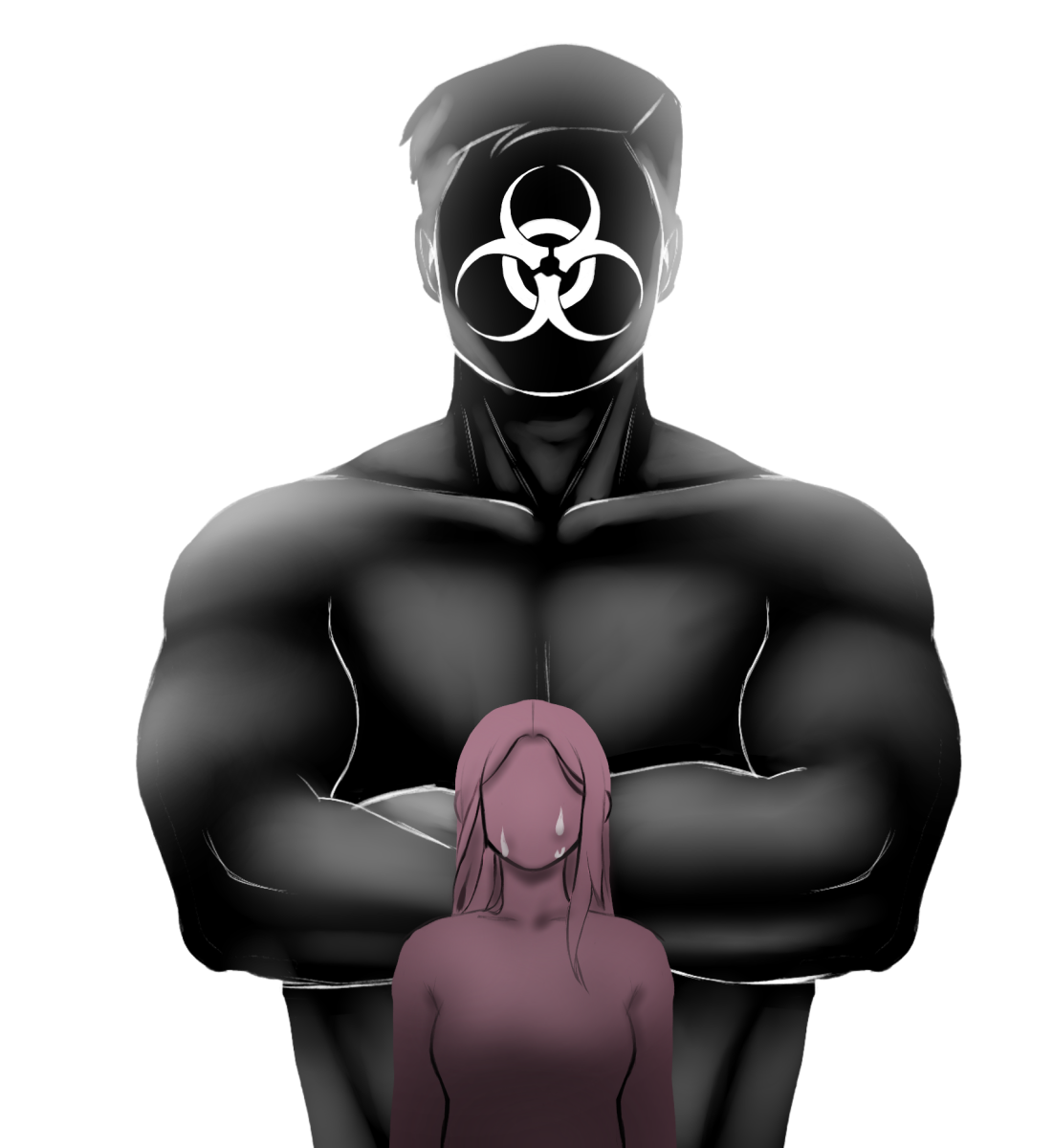The word “masculinity” is defined by the Oxford dictionary as “qualities or attributes regarded as characteristic of men or boys.” The ideal male, however, is widely different depending on who is asked, with 53% of Americans responding to a Pew Research Center survey saying most people these days look up to men who are manly or masculine, but opinions vary among races, genders and political alignment.
At SCHS, students across campus expressed their opinions on the word “masculinity” differently. Senior Dheshnaa Madasamy defined what it means to her.
“Masculinity is how you present yourself, usually in a ‘traditionally masculine’ way that’s been built up through society for years and years, how it’s portrayed in the media, and how you present yourself,” Madasamy said. “It’s not limited to gender.”
The act of expressing oneself is not inherently dangerous, but students find that a line is crossed when ideas are perpetuated through stereotypes that are unhealthy to both the men exemplifying them and to the women dealing with them. Senior Rianna Niemann explained why this mindset is harmful to men and women alike.
“I think that when you try to (de)humanize men in a way that they need to be incredible, tough beings that ‘don’t have feelings’ or ‘need to push through sickness,’ where they feel that they can never express sadness or be overwhelmed… it causes a toxic cycle of them thinking that they can only ever express anger instead of fear,” Niemann said. “It just creates abuse cycles and stuff like that, which are just not productive.”
“Aggression and violence,” according to the American Psychological Association, have been found to be among some of the effects of destructive societal expectations, putting men at “disproportionate risk for school discipline, academic challenges and health disparities.” This is where the expression “toxic masculinity” takes form, when men are overwhelmed by the social pressure to be “manly,” or when they feel the need to display “manliness” in a way that harms themselves and others.
Junior Eva Damdinkhuu shared how crossing the boundary into “toxicity” has made her feel inferior in past relationships.
“(Misogyny) made me feel that maybe I should level up or go against that masculinity, like I have to challenge it,” Damdinkhuu said. “There’s an imbalance there, and I feel like it shouldn’t be that way.”
By reflecting on her personal encounters with exaggerated manliness, Damdinkhuu and women around the world can see that the effects of toxic masculinity are tangible everywhere. Whether online, in film, in books, in positions of power or even in their peers, media and culture have influenced men today to immortalize destructive behaviors associated with boyhood.
Junior Nicole Tracy opened up about their family’s history of aggressive male leadership.
“Toxic masculinity is definitely in my family,” Tracy said. “My dad is like that, where he feels he has to carry all the heavy groceries, or when it comes to building anything, he assumes I know nothing about power tools or cars. Or on my moms side, they ‘glorify’ my uncles or male cousins because it’s up to them to carry the family name.”
Tracy’s family dynamic reflects many others’ in a society that prioritizes male dominance. Other students who elaborated on their personal connections to masculinity in their lives, however, have also experienced acceptance in some of their family members: fathers who painted their nails, mothers who seized job opportunities and parents who have embraced free expression. Madasamy believes that education and open-mindedness are necessary to address misogyny and shift the narrative, putting the sexes on equal grounds.
“I think we should emphasize more awareness and encouragement to be free because (gender expression) isn’t affecting anyone. It’s not harmful. But I don’t think the cycle (of toxic masculinity) is going to break anytime soon. It’s just making slow changes,” Madasamy said. “It would be nice to see women in higher power positions. It’s getting better, but there still hasn’t been much progress. I hope in my lifetime I’ll see that happen.”


